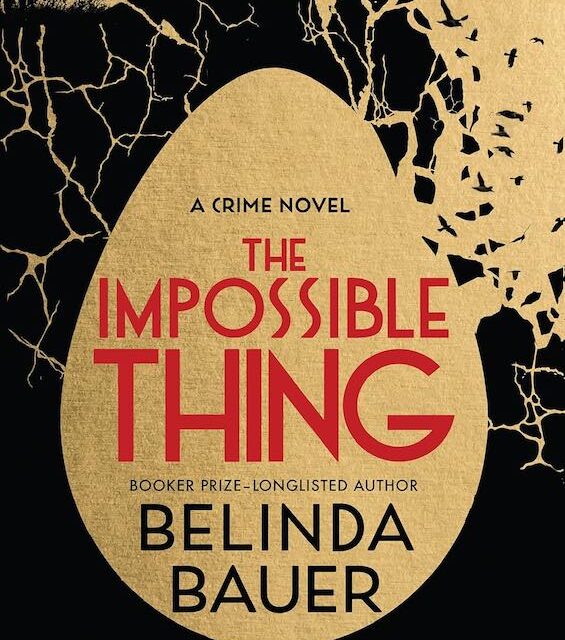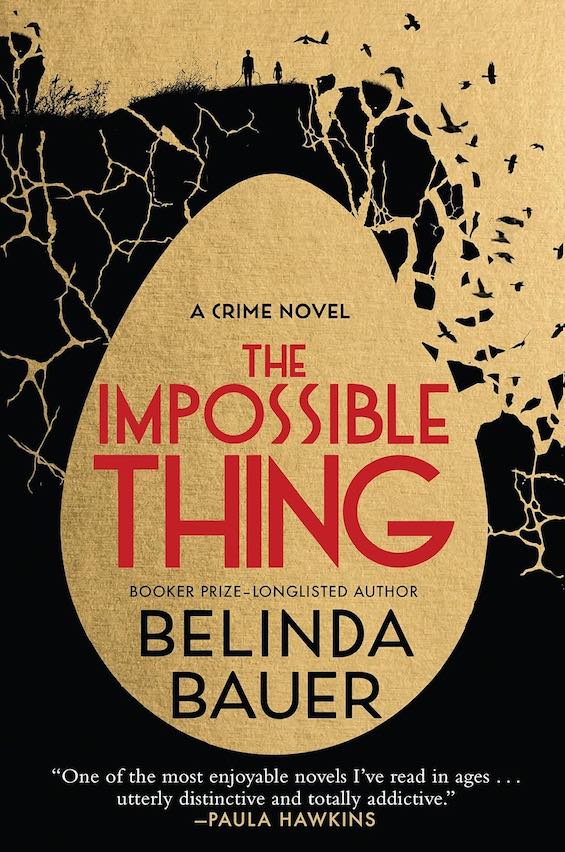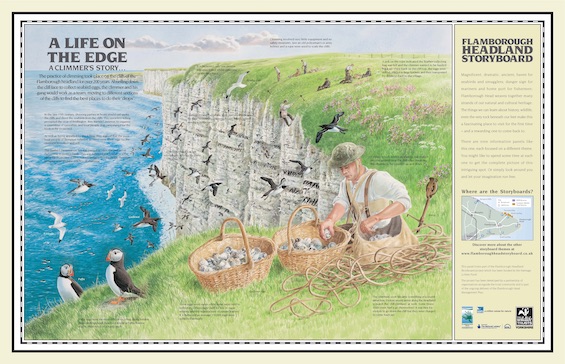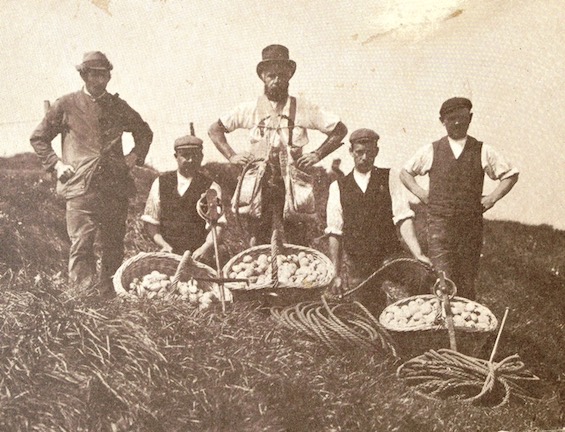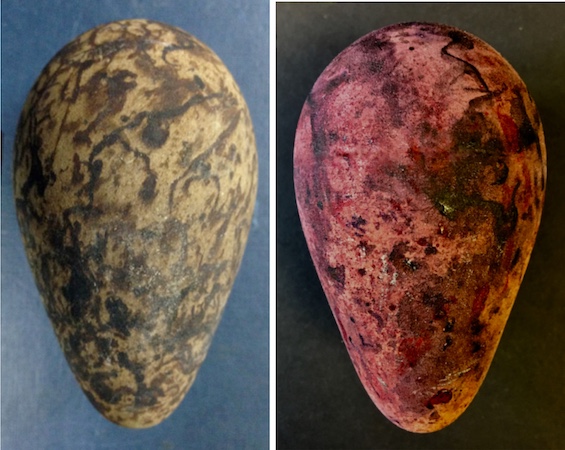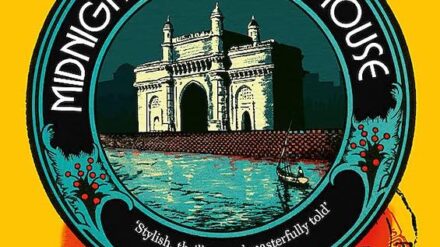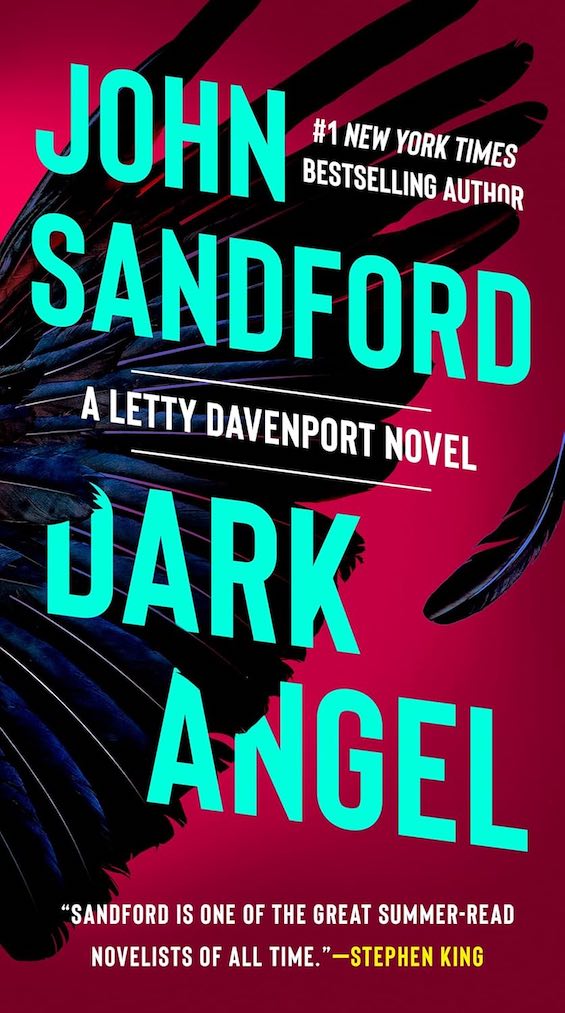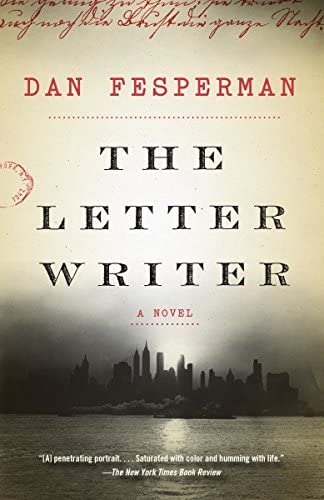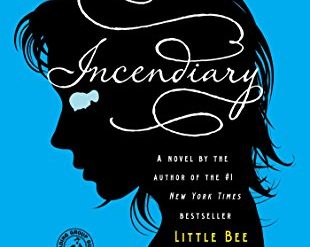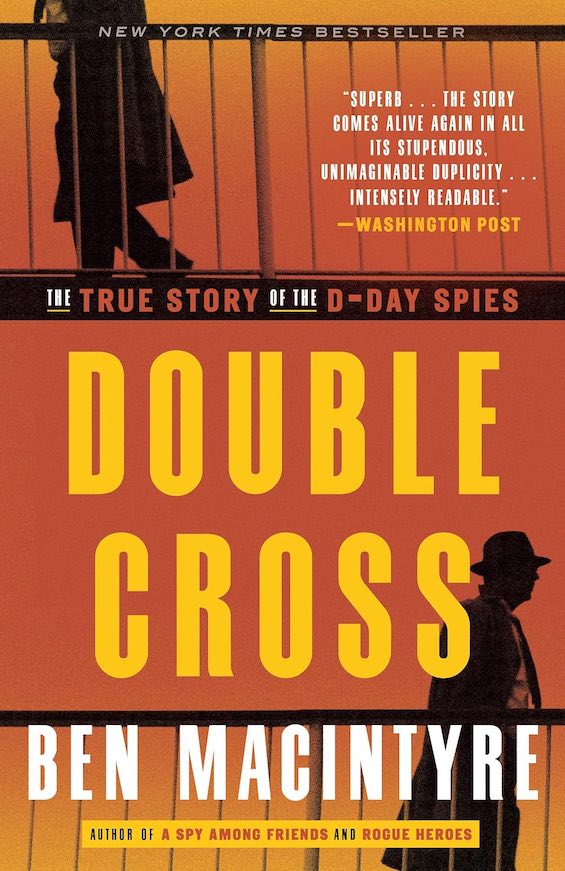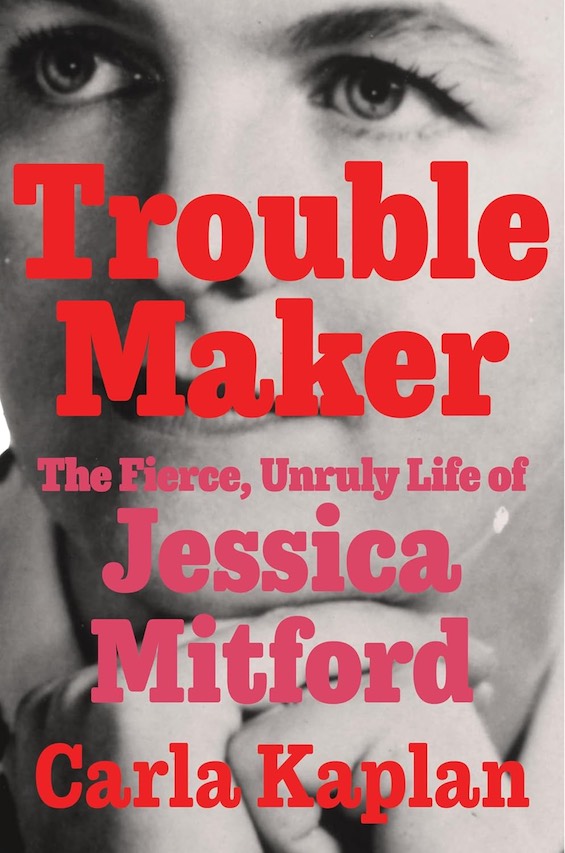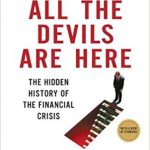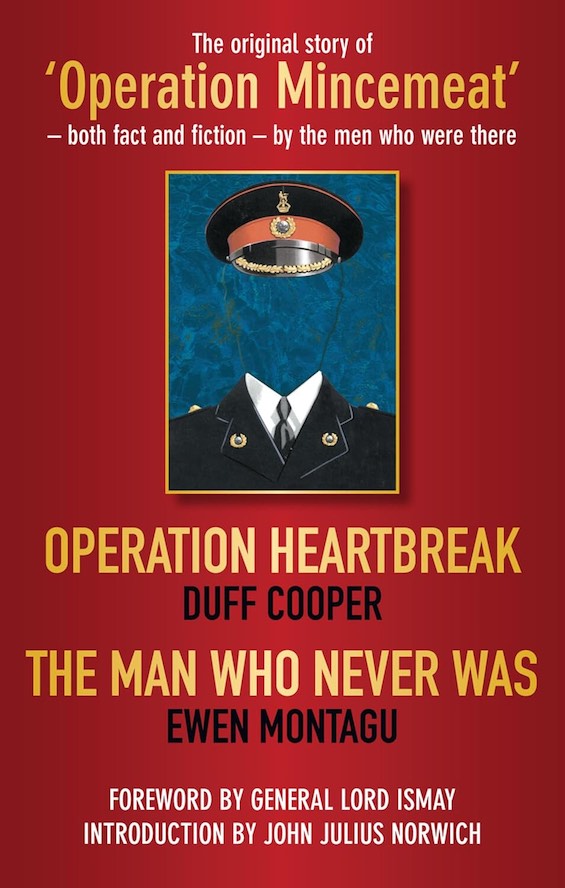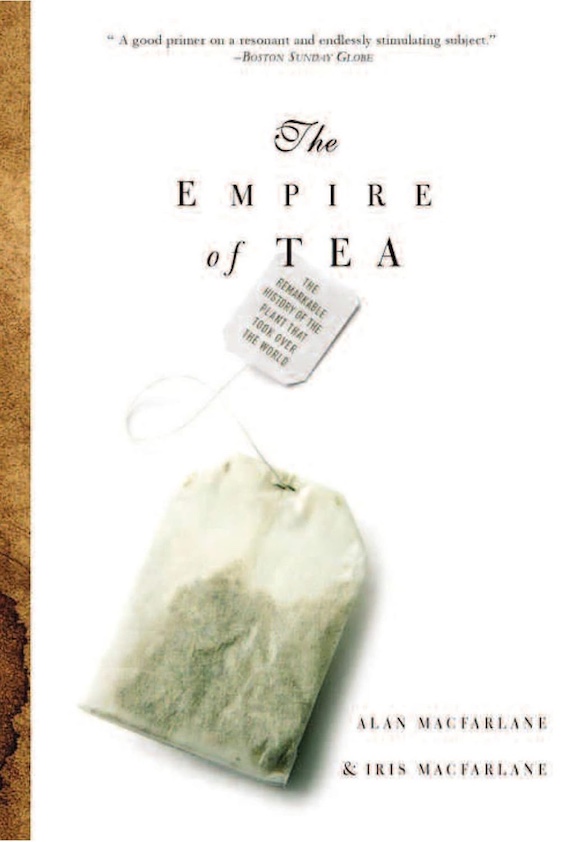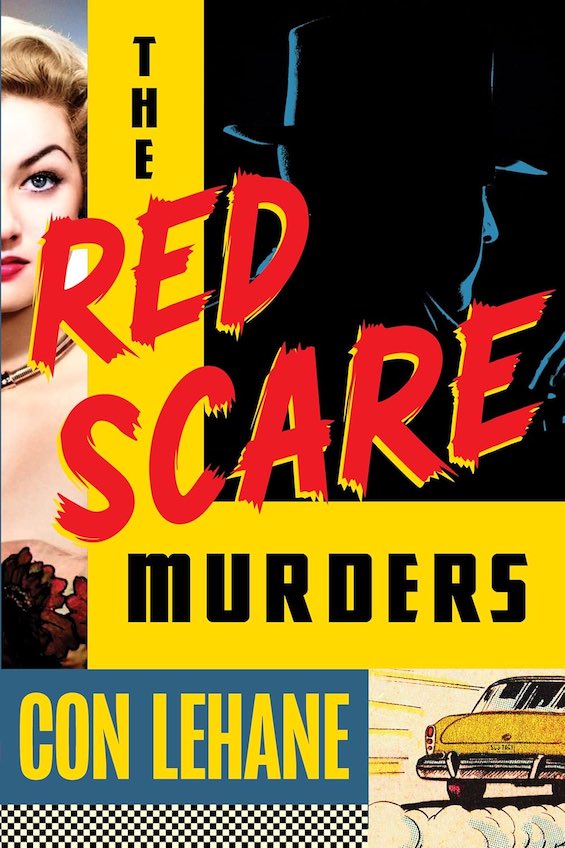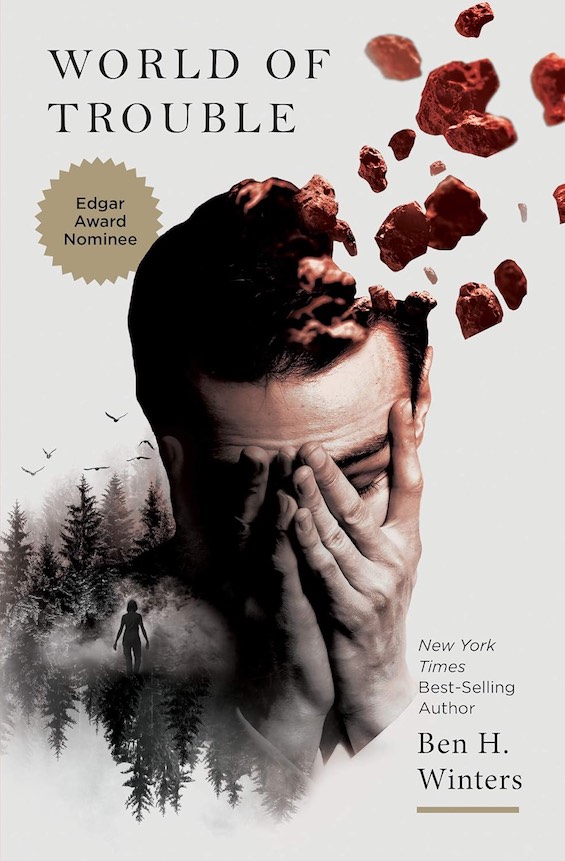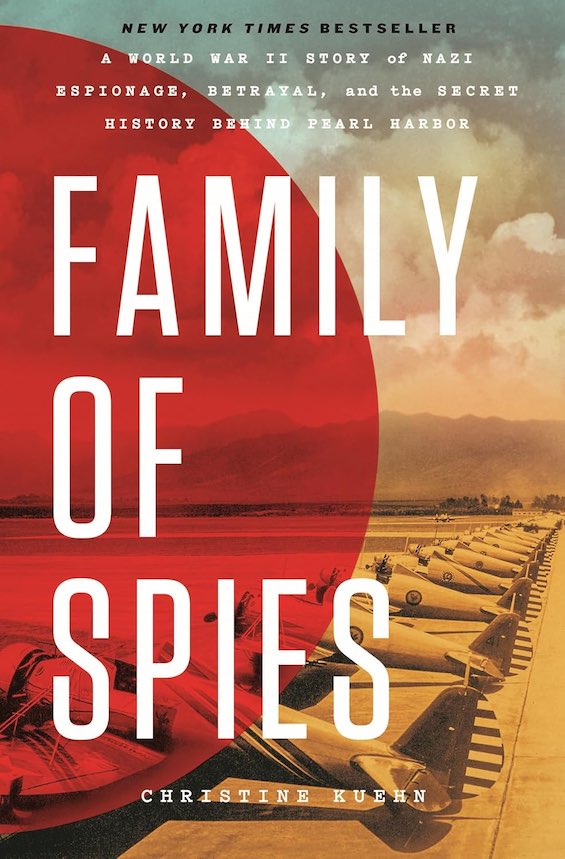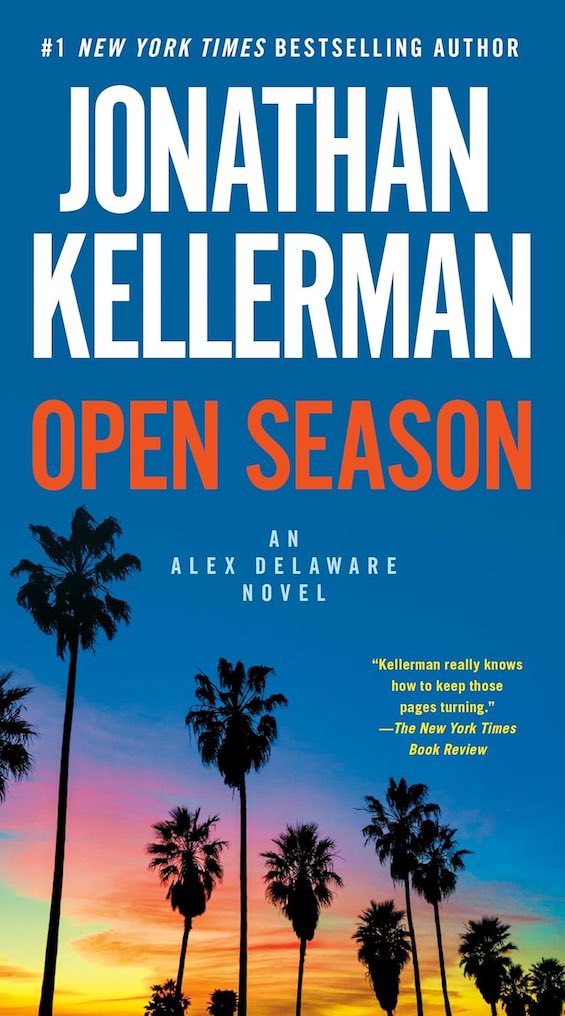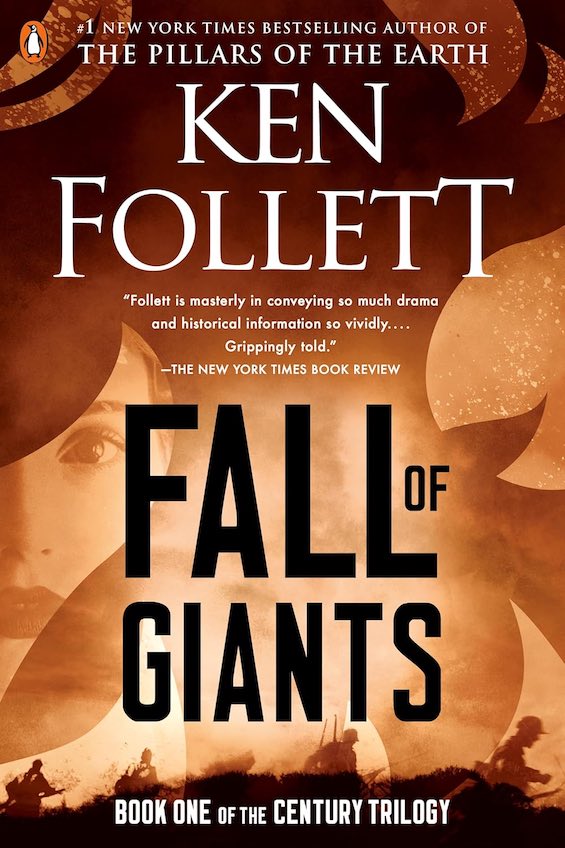Most crime fiction is formulaic and often entirely predictable. Whodunits. Locked-room mysteries. Legal thrillers. Caper stories. Psychological thrillers. There’s no end of these books. And if they conform to your taste you can probably spend a lifetime immersed in them. But if you crave originality you may find it difficult to locate novels that open up entirely unfamiliar vistas and baffle from beginning to end—not because of the authors’s clever contrivances but simply because the setting, the characters, or the circumstances are strange and unfamiliar. And I’ve just come upon what may be the quintessential example in Belinda Bauer’s new and entirely unpredictable mystery, The Impossible Thing. Trust me. I guarantee you’ve never read a story like this. Anywhere.
A story about the theft of wild bird eggs—and a murder
Bauer’s setting are the cliffsides of the northeast English county of Yorkshire. There, thousands of wild seabirds of numerous species roost every year to build their nests and lay their eggs before migrating each autumn to winter on the North Sea or the Atlantic. But until 1954, when the practice was declared illegal, local men called “climmers”—”climbers” in the local dialect—descended on ropes to steal the most distinctive of the eggs to sell to collectors. And during the first half of the 20th century there was a thriving market that made some of them very prosperous, indeed.
The attraction for collectors was that the markings, color, and size of wild seabird eggs are all unique down to the individual mother bird. This allows her and her mate to locate their own nest among the many thousands clinging to the hillside. And some of those eggs were remarkably colorful and bore striking designs. Belinda Bauer’s novel, grounded in the 1920s, revolves around the most famous of those eggs, a guillemot‘s Metland Egg. It’s colored a bright red, which ornithologists and collectors regarded as impossible this one turned up. In Bauer’s telling, the Metland Egg inspires ferocious competition among the wealthiest and most ruthless of the collectors and their brokers. And eventually that competition leads to murder.
The Impossible Thing: A Crime Novel by Belinda Bauer (2025) 336 pages ★★★★★
A cast of unforgettable characters
Bauer builds her tale around a cast of intriguing characters who represent the many conflicting interests in the egg-stealers’s cottage industry.
Celie Sheppard
Celie Sheppard, a tiny eight-year-old girl, is the biological daughter of a man who is not the father who raises her. She’s so small and slight that she can uniquely fit through a notch in the cliff where her family’s farm abuts the North Sea. There, the hired boy lowers her on a rope. And Celie thus becomes the discoverer of the Metland Egg, named after their farm.
George Ambler
George Ambler is the most prominent and successful of the brokers who snap up the climmers’s stolen eggs and sell them to collectors. It’s Ambler who pays Celie’s family the outrageous price of £20 for the egg. At the time, the pound sterling was worth the equivalent of USD$60 on today’s scale of values. So, the family received the equivalent of around $1,200—a fortune to an impoverished rural family then. And Ambler contracts with the family to pay that amount for every Metland Egg they can deliver for years to come. His goal is to collect a total of 30, making the collection priceless.
The collectors
The collectors are the entitled, upper-class members of the British Oological Society, which meets annually as a showcase for its members’s most distinctive eggs. (Yes, it was a real organization, founded in 1922 by Baron Rothschild.)
Patrick and Weird Nick
Two teenage boys, Patrick Fort and “Weird Nick,” collaborate to sell the enormous red egg Nick discovers in his family’s attic. Patrick is autistic, literal-minded to a fault, and far smarter than his only friend. Nick posts the egg on eBay, which turns out to be a very big mistake.
Finn Garrett
Finn Garrett is an enforcement agent for the Royal Society for the Protection of Birds. the RSPB. (Yes, that too is real.) Garrett pursues the bird-killers who steal or even possess wild bird eggs. It’s a crime, because the eggs only gain value when collectors drill holes in them and suck out the bird embryos within. In fact, it’s illegal to own eggs, much less collect them, unless they were laid before 1954.
Dr. Conner
Dr. Conner, the director of the nearby history museum, where he has amassed a collection of more than a million eggs. That’s so many that only a small number have been sorted and classified. His ostensible purpose is scientific.
A story spanning a century
At first, as Bauer introduces these characters, her story appears formless. A jumble. Then, gradually, it all becomes clear. Celie’s tale, and that of George Ambler and the other collectors and brokers, take place in the 1920s, 30s, and 40s. Patrick and Weird Nick’s occurs in our own era, as does Finn Garrett’s. So, the whole tale spans a century.
Who was murdered, and who did the deed?
In most murder mysteries, one thing at least is clear, and normally from the outset. Either the identity of the victim, or that of the killer. The author’s objective in the ensuring investigation is to reveal what we don’t know about the case. But that’s not true in Belinda Bauer’s novel. We don’t know either the victim or the murderer until the very end. And there’s no investigation at the heart of the story. It all comes out as Bauer gradually strips away the mysteries, episode by episode, through the decades. It’s a marvel of storytelling. Simply brilliant.
A summary of the novel by Claude-AI
Following is a 400-word summary of The Impossible Thing by the chatbot Claude-AI, version Sonnet 4. It’s verbatim, except that I’ve cut out the wordy and intrusive links to other reviews or the text of the novel itself and inserted subheads to ease reading.
The Impossible Thing is a dual timeframe mystery from the cutthroat world of egg collecting that spans generations and explores themes of obsession, greed, and crime. Inspired by a true crime that has remained unsolved for over a century, this literary mystery unfolds across two interconnected timelines.
Entering the illicit word of egg-collecting
The story begins in 1926 when young Celie Sheppard retrieves a striking red egg from a guillemot’s nest near her home in Yorkshire. This discovery occurs during a time when rare egg collecting was booming in the region, making her find particularly significant. The novel explores the illicit and illegal world of collecting eggs from birds—a pastime for the rich and the obsessed that has taken place over the last two centuries.
Central to the plot is the elusive and ‘magical’ Metland Egg—a unique bright specimen that becomes the focal point of the mystery. The narrative weaves between contemporary Wales back to 1920s Yorkshire, with two intertwining tales involving a rare egg and a burglary.
A generations-spanning saga
Bauer crafts a generations-spanning saga of collectible eggs and the people in their orbit, examining how this unusual obsession affects multiple characters across time. The main topic of this dual time-line novel was egg trafficking. The first I had ever heard of such a thing. And it WAS a big thing! And IS still a big thing, highlighting the ongoing nature of this criminal enterprise.
The novel has been praised as an adventure/thriller/romance/comic family epic that has something for everyone. Critics have noted that Bauer tugs at the heartstrings in this extraordinary literary mystery, combining suspense with emotional depth. The book has been recognized as A New York Times Best Thriller of the Year So Far and described as having skullduggery at every turn.
The Impossible Thing represents Bauer’s skill at creating original mysteries that blend historical elements with contemporary crime fiction, exploring how past actions reverberate through generations and examining the dangerous world of rare egg trafficking—a criminal enterprise that few readers would have known existed before picking up this captivating novel.
About the author
Belinda Bauer‘s entry on Wikipedia begins as follows: “Belinda Bauer (born 1962) is a British writer of crime novels. She grew up in England and South Africa, but later moved to Wales, where she worked as a court reporter in Cardiff; the country is often used as a setting in her work. She spent seven years as a screenwriter before writing her first novel at age 45.” Bauer is the author of 11 novels, one of them under a pseudonym. Her debut effort won the British Crime Writers’ Association’s Gold Dagger for the best crime novel of 2010. And her 2018 novel was long-listed for that year’s Man Booker Prize.
For related reading
This is one of The best books of the year 2025.
I’ve also reviewed the author’s earlier novel, Rubbernecker (This slow-burning thriller will haunt you for years).
You’ll find other great crime novels at:
- 20 excellent standalone mysteries and thrillers
- 26 mysteries to keep you reading at night
- Top 10 mystery and thriller series
- Top 10 historical mysteries and thrillers
And you can always find the most popular of my 2,400 reviews, and the most recent ones, on the Home Page.

